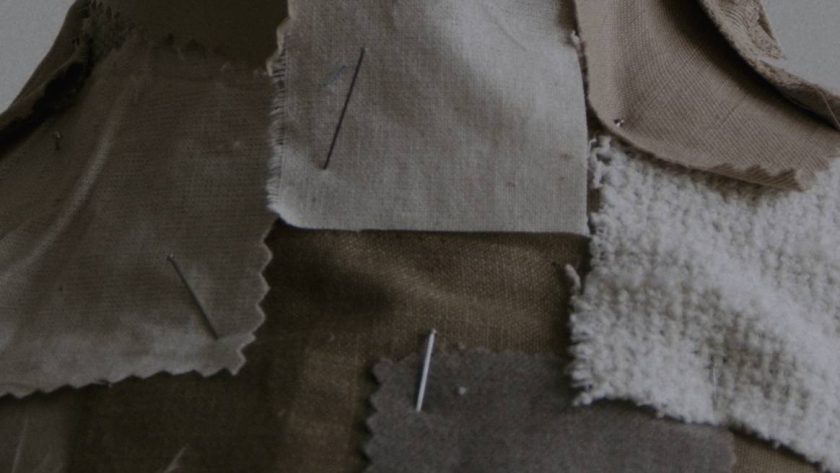Nanushka has joined forces with London-based fashion-tech platform SOJO to provide customers with product repair services, aiming to extend the lifecycle of the brand’s garments.
The Budapest-based fashion company and platform have curated a limited capsule collection that showcases creative mending practices. The collection features reimagined Nanushka garments adorned with hand-embroidered kopjafa symbols, woven fringing, and patchwork panelling. The launch is accompanied by a creative campaign, including a short film highlighting the craftsmanship of SOJO’s expert tailors.
Sandra Sandor, Founder and Creative Director of Nanushka, expressed her excitement about the collaboration with SOJO, emphasizing the convenience it brings to conscious customers seeking to prolong the lifespan of their garments. The partnership introduces a door-to-door repair and creative mending service for Nanushka’s UK customers.
The brand’s London flagship store at 30 Bruton Street allows shoppers to explore the collaboration and drop off their own Nanushka garments for repairs or creative mending.
Rise of the circular economy
The popularity of in-store garment mending services is on the rise, reflecting a growing trend towards sustainability and conscious consumerism. Retailers are recognizing the shift in consumer priorities, with many individuals seeking to extend the lifespan of their clothing rather than succumbing to the throwaway culture that has long prevailed.
In response to this demand, an increasing number of fashion brands like Nanushka are incorporating in-store garment mending services as part of their offerings. The benefits of in-store garment mending services are multifaceted, contributing to the reduction of textile waste by repairing and repurposing items that might otherwise end up in landfills. This aligns with the broader movement towards circular fashion, emphasizing the importance of keeping clothing in use for as long as possible.
These services also empower consumers to make more conscious choices by fostering a sense of responsibility for the longevity of their wardrobe. By investing in repairs and alterations, individuals can develop a more sustainable relationship with their clothing, moving away from the disposable mindset perpetuated by fast fashion.
Moreover, in-store garment mending services enhance the overall customer experience, providing a personalised and value-added service that goes beyond the traditional transactional nature of retail.



